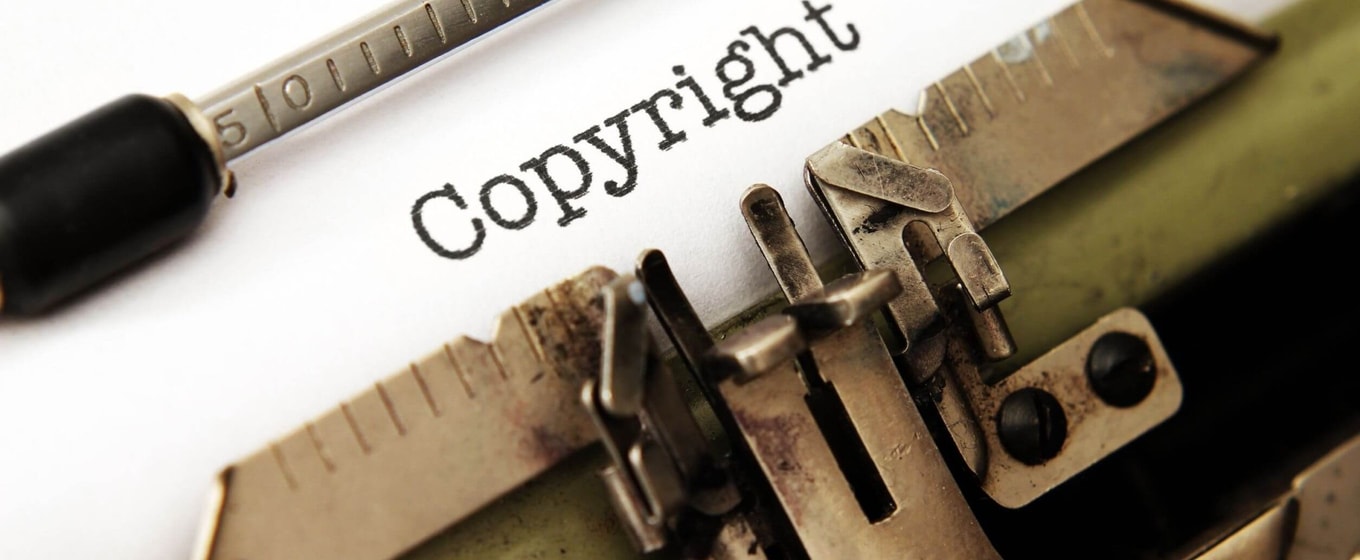Are you facing a claim issued against you for infringing someone’s copyright? If so, all is not lost - there may be a defence available to you...
First Things First: Should There be a Claim?
If you’re facing a copyright infringement claim, the first thing to ask yourself is whether you were granted the right to use someone else’s work. Did you enter into a discussion with the author prior to use? Were you granted a licence to use the work? Did you commission someone to produce the work? Are you an employer using an employee’s work? If you can answer ‘yes’ to any of these questions, then a claim against you may prove fruitless.
If you commissioned the work or you’re an employer using an employee’s work created for the company during their employment, you own the copyright and aren’t guilty of misusing the work.
However, a word of warning in regards to commissioning projects: Whilst the law will imply your ownership, it’s best to be safe and agree ownership with the supplier.
Did you discuss how the work will be used with the creator? Do you have a licence to use the work? The copyright owner may have already granted you a licence in return for some form of payment. If this is the case, your reproduction or use of the work will not constitute an infringement, provided it is within the scope of the licence.
Also, not having a written contract with the creator can be risky. If your agreement was only verbal, you may need to provide some hard evidence to back up your claim.
If you’re concerned about any of these points, the below may offer you a defence.
Fair Dealing
Fair dealing is an umbrella term referring to various different defences, which all centre on a fair and reasonable use of the work. It forms not only a defence, but also an exemption under the Copyright, Design and Patent Act 1988 (CDPA), halting anyone from bringing a claim.
When reviewing a matter, the court will firstly attempt to establish if your actions fall within one of the statutory purposes for copying under the CDPA. But even if they do, the court still has to assess if the level of copying is no more than necessary.
Fair dealing for the purpose of study or research
This defence is available in an academic setting such as a librarian taking copies for a student. The defence is limited to taking reasonable amount of copies and doesn’t allow for the indiscriminate copying of works.
It should be noted that this defence only applies in a non-commercial setting, and to literary, dramatic, musical or artistic works (LDMA) or published editions.
Fair dealing for the purpose of criticism or review
Let’s say you’re writing a critique on the latest bestselling novel and you want to quote a section of the book. This exemption may allow the copying of sections without the author’s permission, however, it depends on the purpose and quantity being quoted.
If you were to copy the text to inform people of the plot, you would not be protected. Your use must be to provide insight and not constitute the foundation of the work. Basically, your work must be your own ideas.
Again, if you quote large passages of prose instead of small sections of text, you are in effect simply using someone else’s ideas and work to hang your hat on. The protection will not apply and a claim will stand.
Fair Dealing for the purpose of reporting current events
This exemption allows the use of material other than photographs in a report about current affairs and events. For example, the publication of a private government report in a newspaper relating to the country’s finances would be permissible, providing the story was about government spending.
But note that this can’t happen in print or online without acknowledgement. Therefore, if you are writing an article for publication ensure you include the author’s name, ideally near the work or in a prominent location. However, if the piece is to be broadcast on TV or radio no acknowledgment is needed.
Also in this case, the court will look into the questions of purpose and quality. If you can clearly show that the work is your own and that you have simply used the information to enhance the piece, you should be fine.
Artistic works on public display
What about artworks on public display, or frequently photographed buildings? These all have copyright belonging to their creators, so wouldn’t you be infringing that copyright when drawing, making a film or taking a photo?
Well, you’re not.
CDPA 1988 sets out a key provision, which states that the making of a copy in any form - from film to sculpture – doesn’t infringe copyright. The provision also protects those who manufacture or copy the repetition of the original.
The important point here is that the work must be situated or sited permanently in a public space or a space open to the general public.
One Last Word of Warning…
Whilst there are defences out there for copyright infringement, always seek legal advice if in receipt of a claim or letter before taking action. If you need help locating a suitable solicitor, the Law Society’s ‘Find a Solicitor’ tool is very helpful.






These cookies are set by a range of social media services that we have added to the site to enable you to share our content with your friends and networks. They are capable of tracking your browser across other sites and building up a profile of your interests. This may impact the content and messages you see on other websites you visit.
If you do not allow these cookies you may not be able to use or see these sharing tools.